Talking books | Qualia the Purple
Gay anime girls make me question reality (aka another Friday for Baxter).
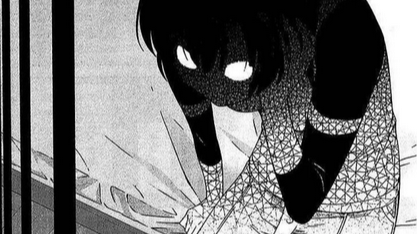
(spoilers for Qualia the Purple)
I hate being seen. I love it. To be perceived is the greatest nightmare in the world and I and almost everyone else chases it endlessly. If somebody knows me—and I mean really truly knows me on a fundamental level—then what purpose do I have anymore? With no mysteries of the self left, do I even exist?
Just look at the most famous people in the world. On one hand, yeah, Taylor Swift is a real person with real thoughts and real interiority. But to us? To everyone outside her impossible circle of wealth, she isn’t real. She’s a symbol, an object, a Rorschach test of obsession and desire, a tool to twist, used to express whatever emotion you’re feeling. She has been seen too much. She’s no longer real.
Mr. Beast reflects the same. He’s infiltrated computer algorithms deep enough to force himself into being one of the most well-known people on the planet. He is his business output at the cost of the self. He’s been open in interviews that he basically has no hobbies or life outside of work, living in his weird business compound, every moment representing missed videos. He is internet content. He is nothing.
We see these people’s souls get abstracted and their bodies become commodity and we hunger for it ourselves. To be seen feels so good. The validation of acknowledgement is intoxicating. And so we’ve changed the world, forcing it to increasingly run on perception as currency, existence gamifying people into numbers, the size of that number determining who we are and our value to society.
In the face of this world, what does it even mean to be perceived? Is it even possible anymore?
Qualia the Purple is a story about seeing. Specifically, it’s a story about a girl who sees people as robots. She sees them as robots in the same way that we all look at an apple and know it’s red; you can’t explain it, can’t properly describe it so that a stranger who’s never seen the color will understand it, but you know. Even if in some objective reality that apple is actually green, you look at it and all you’ll be able to see is red.

Written by Hisamitsu Ueo and originally published as a short story following the broad prompt “girls and robots” in the Dengeki Literature Magazine, the story starts gently. Narrated by a girl named Manabu quietly pining for her classmate Yukari in a series of vignettes, it’s all beautifully fleeting and elliptical, paragraph after paragraph fading in and out of time less like a narrative and more like a list of reasons to love someone. When Manabu looks at Yukari, she sees the world.
When Yukari looks at Manabu, she sees a machine. She sees metal, cold and hard, and programming pre-defined. She sees drills and jet boosters and monitors. In a chilling sentence dropped by Yukari’s old childhood friend, “she can’t tell the difference between a plastic model and a person.” And she loves to spend her time tearing plastic models apart and putting them back together into new shapes.
Because of this, Yukari never could figure out how to interact with people. The truth, as we learn, is that people really are like robots and Yukari is perceiving the world in a way so much closer to the truth than anyone else. She can look at someone and know at a glance who they are, what they’re good at, and their purpose in this universe based on the parts installed in their robot bodies as easy as we can look at a chair and know what it is and its value. She can see so much, but she can’t see the emotions in people. How could she? Robots are robots.
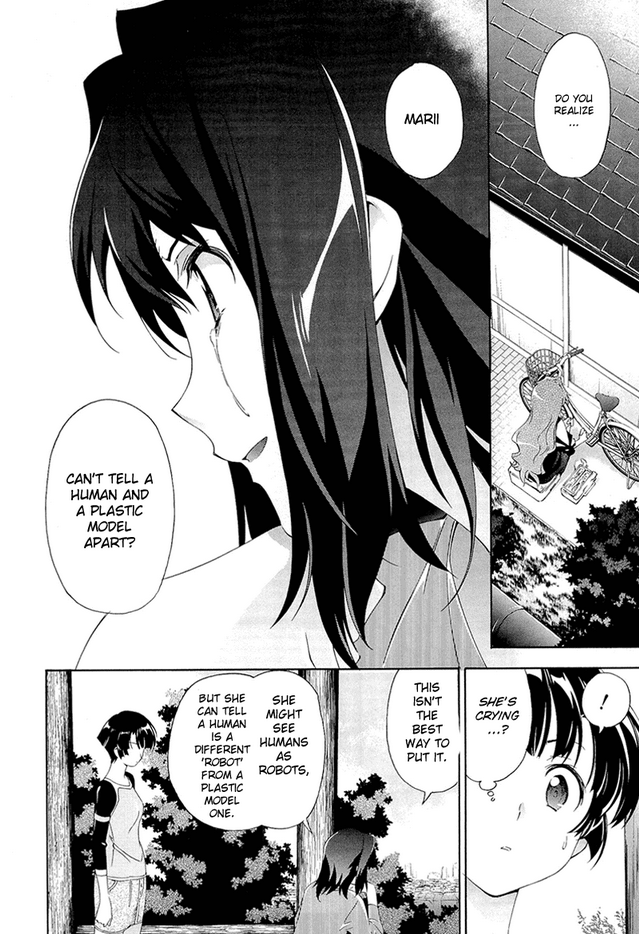
Who of us hasn’t felt both like Yukari and like the robots she sees? Who hasn’t struggled to see past the flesh or worried that the rest of the world sees you as nothing but steel in a human shape? I sure have, plenty of times. Why don’t I understand every time someone is joking? Why do I treat polite conversation like a flowchart test, the slightest variation causing my brain to short circuit? Why did I have to consciously learn where to move my hands when talking or walking? Either I got some undiagnosed stuff going on (Me??? Nooo, couldn’t be) or I’m a robo-boy.
Maybe that’s why the corporations controlling the internet are so powerful: they prey on our sci-fi fears that are only ever amplified by anonymity. Like my post, subscribe, praise me, thank me, let me know I exist, let me pretend I have blood and bones. On the internet, all of us, no matter how small, are Taylor Swift and Mr. Beast—abstract symbols whose value has become inexorably linked to financial machinery.
What Yukari’s existence suggests is that to be perceived on the internet isn’t to be perceived at all. Art, commerce, posts, photos—it’s all protective layers to simulate the sensation without ever having to be known. So when somebody arrives who seems to actually get you, who tells you about the robot inside you always suspected, the feeling can be transcendent. You only see red, but she sees green. Maybe she’s the only one who really understands. And suddenly you don’t need all those eyes on you. You only need one.
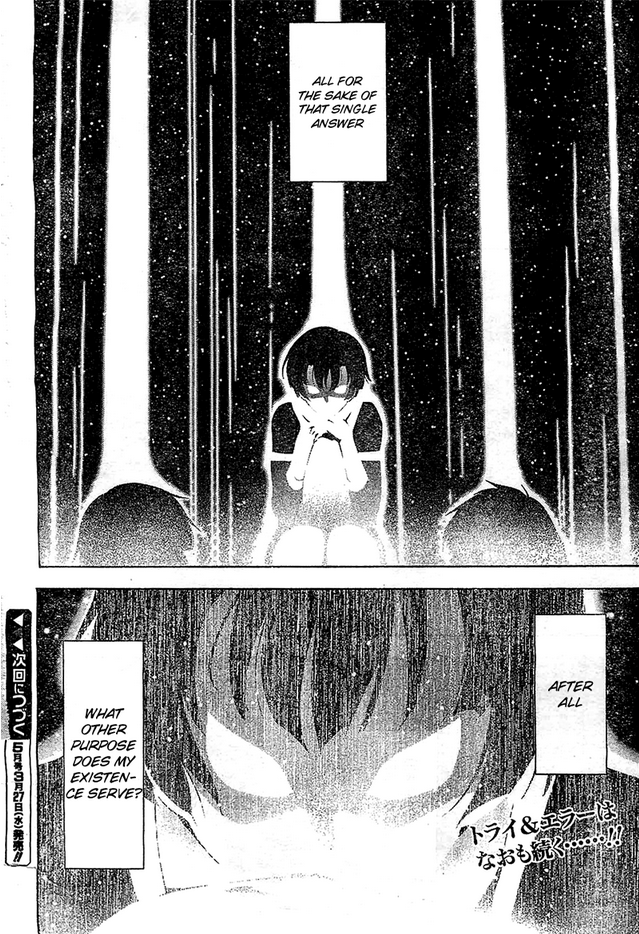
Not long after publication, Ueo wrote a sequel novella to the original short and an epilogue, and packaged the three into a single novel, released by Dengeki in 2009. And it’s here that Qualia the Purple fully reveals itself.
Ripping the breaks off of the original story’s ideas of quantum perception, the second chapter, “1/1000000th Kiss”, transforms into a monstrous time and space hopping nightmare of identity and longing as Yukari dies and Manabu quantumly dislocates herself, traveling through parallel worlds and infinite possibilities in a desperate effort to save her.
It doesn’t work. She tries everything, resetting and taking a new causal possibility more times than there are atoms in the universe. She becomes other people—friends and family and lovers and the powerful—travels through time, alters the course of civilization itself, all to save the one person she wants to be seen by.
Manabu starts killing. She begins with Alice, the one she believes is the cause for Yukari’s death. She murders Alice a million times in a million ways; she locks her up in concrete basements, tortures her and abuses her. It doesn’t work. She only starts to fall for her. So she moves on and kills Yukari too and doesn’t feel a thing about it because it isn’t Yukari she’s killing, not really. It’s never been Yukari.
It’d be silly to think that celebrity obsession is new or unique to our times. It’s always existed. Who was Helen of Troy but a lady with K-Pop stan pull and a literal army? But it’s also true that the nature of it has changed in the past few decades as pop culture has splintered and everyone has become famous. If attention equals social value and purpose, then surely getting recognized by the biggest person in your life must mean more than all the numbers in the world. DM fantasies, non-consensual deepfake AI porn, doxxing and swatting and trackers, imitation bots, spam imposters, synthesized voices, death threats, rape threats, threats of torture…infinite tools used like infinitely splitting timelines, all hunting for attention from that which they’ve long ago stripped the humanity from.

Eventually Manabu stops being Manabu. She stops being anyone. It’s only by effectively transforming into the universe itself, removing her corporeal existence from the equation, that Yukari is finally saved. The only path towards a happy ending is to let the self die and live unseen because maybe it’s all been rigged from the start.
Despite how much society and businesses have tried to convince otherwise, it doesn’t matter if you have 200 million followers or none at all. Yukari sees robots; Manabu sees people; I see red; you see green. We all see different. We’re all always strangers to others and to ourselves. That’s the beauty and the magic of it all.
Ueo has, as of writing, only published one novel post-Qualia the Purple. It’s been almost fifteen years of complete radio silence since then. He doesn’t post online, doesn’t do interviews, doesn’t show up on award panels or in afterwards. He has, effectively, ceased to exist.
Who knows why. It doesn’t matter.
Music of the Week: Hotatsunami by Nami Hotatsu
Looping this thing like an addict. Hypnotic new age electronics, avant-minyo vocals, and complex percussion grooves; late-era Boredoms viewed through a Windows 95 pop-up in front of an early CG wallpaper of ocean fauna. Nami Hotatsu has said that she's the kind of person who composes for imagined images of landscapes, and you can tell: this is an album for floating and cinematic cross-fades. Sometimes leans house, other times leans pop, and is always fully enveloping. Classic!
Book of the Week: A Ship to the Stars by Mokoto Arai

The first volume of a major classic in the world of shoujo lit, A Ship to the Stars starts with a girl disguised as a boy fleeing her home planet and getting wrapped up in the adventures of a hot prince and his equally hot imposter. It's classic shoujo, thrilling, funny, romantic and propulsive. Then its second half goes noir body horror every inch as sad as it is distressing. Motoko Arai has no problem jumping tone or genre at the drop of a hat, relishing in a complex stew of style and theme appropriate for the writer arguably responsible for the modern meaning of "otaku".
Movie of the Week: Sweet Home (dir. Kiyoshi Kurosawa, 1989)
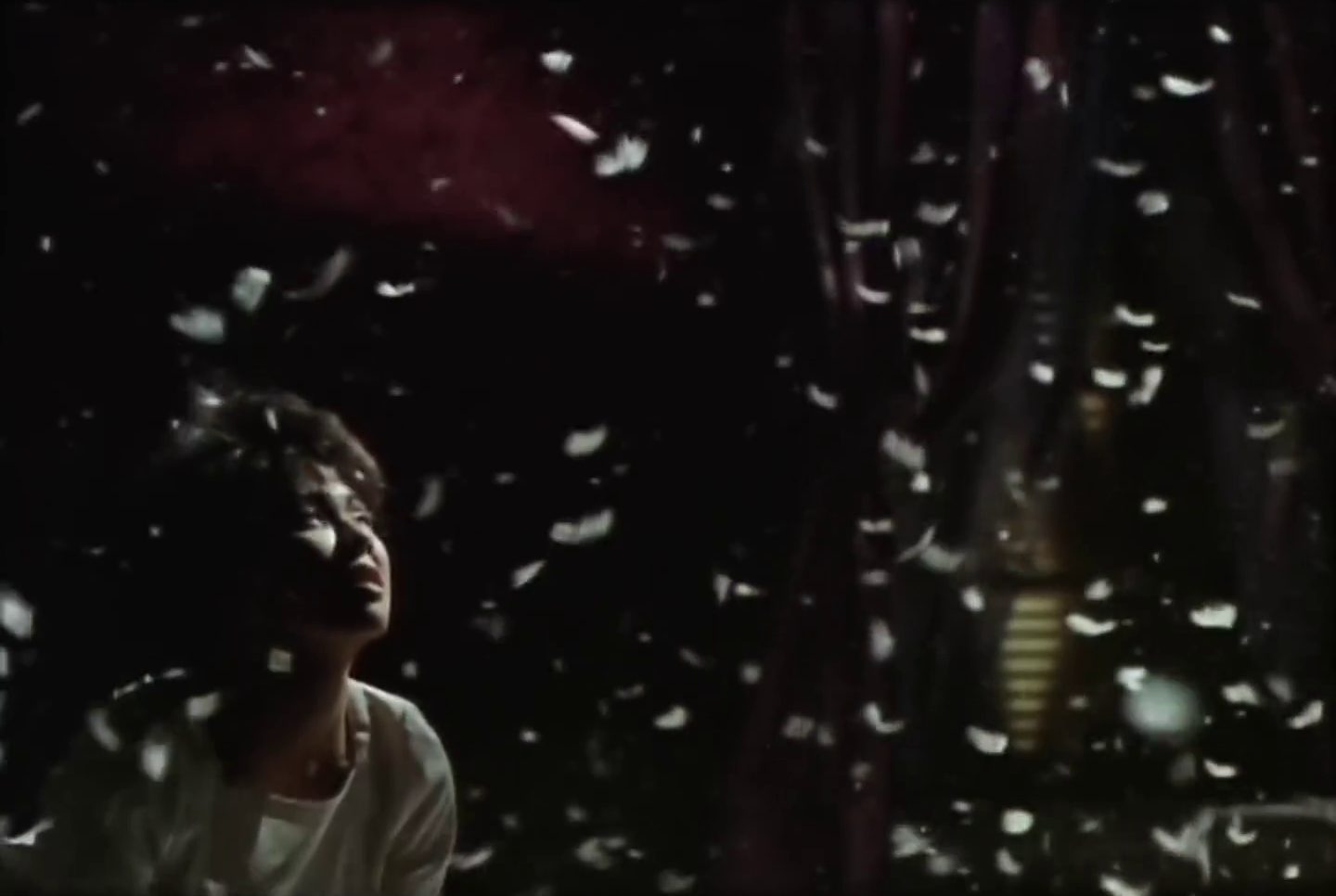
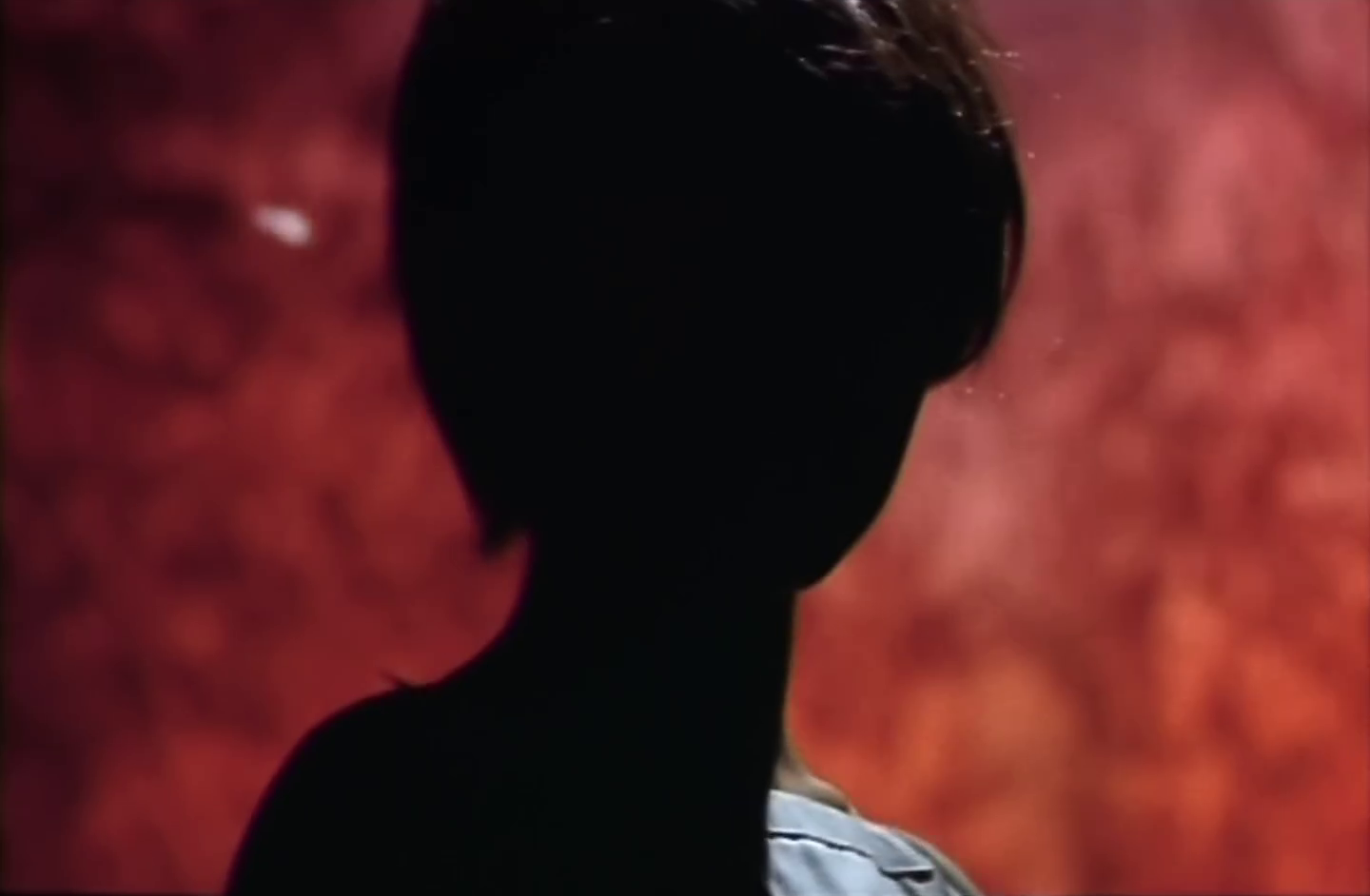
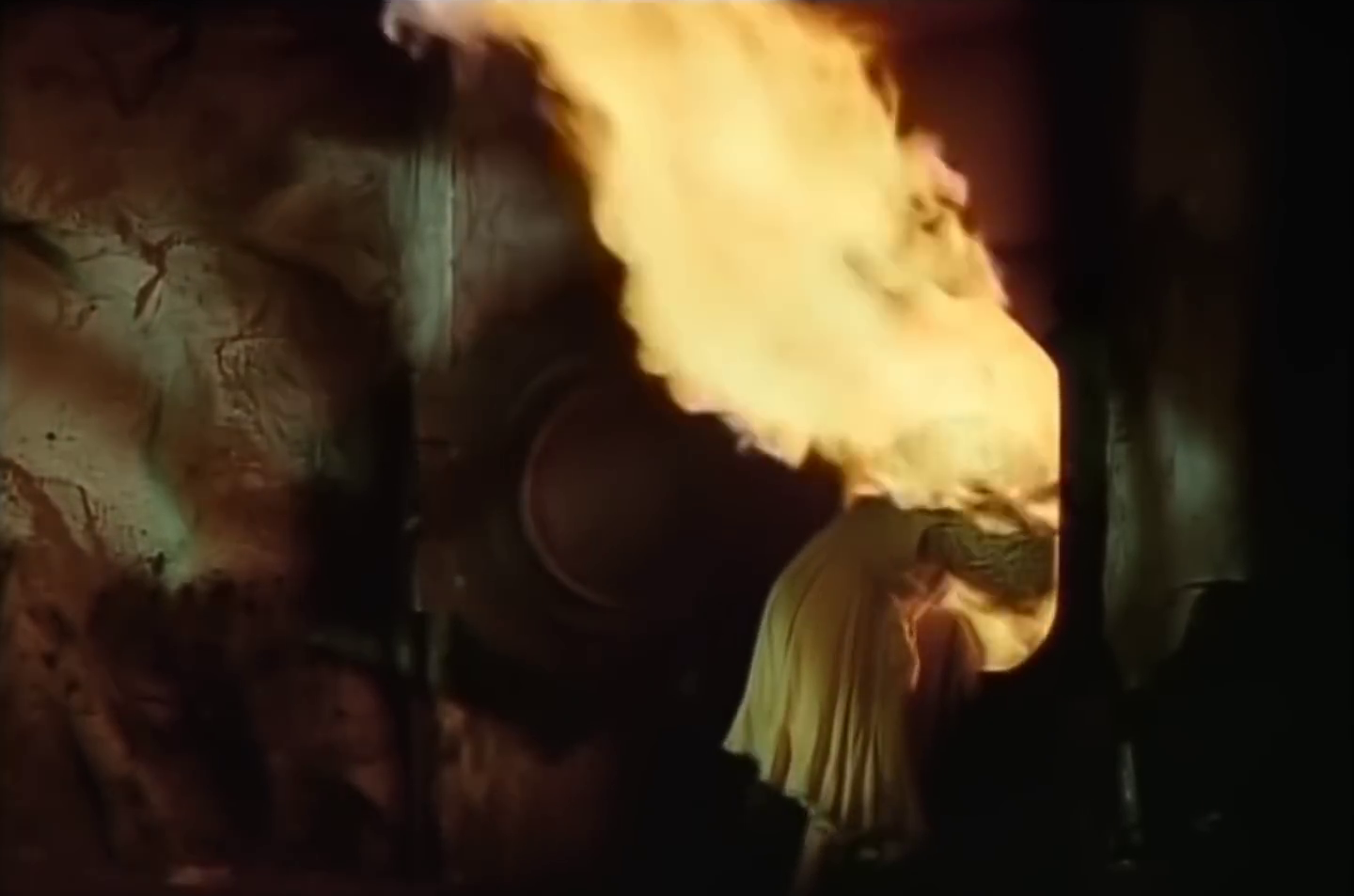
This haunted house blockbuster most famous for its hugely influential video game adaptation is way more than its reputation might have you believe. The first non-pinku--or softcore--feature from Kiyoshi Kurosawa (one of the top 3 biggest names in modern Japanese cinema on a worldwide level) Sweet Home is loud, filled with bonkers practical effects blessing us with giant deformed monsters and gnarly gore. But it's just as often surprisingly quiet, Kurosawa providing his patented horror defined by stillness and empty space for a host of deeply evocative, surreal scenes. Shadows stretch on walls and obscure bodies, flowers from a pillow fall from the sky like snow, a woman walks into a burning furnace...and these two sides, loud and quiet, build off each other for a surprising conclusion that re-contextualizes everything into a story far sadder than it is scary.
Have thoughts about anything covered this week? Got a recommendation you’re dying to share? Want to tell me how handsome and cool I am? Leave a comment below!
oh, and here's an article connecting ero-guro manga god Suehiro Maruo and guys-in-rubber-suits tokusatsu


